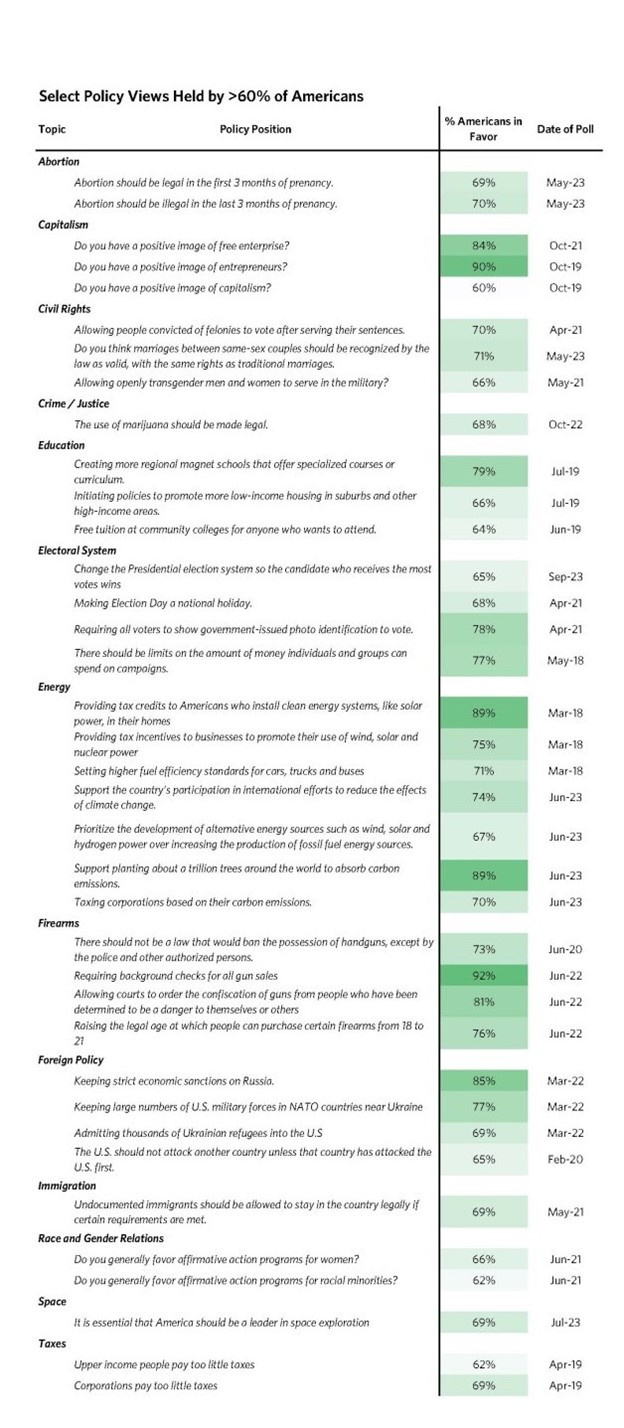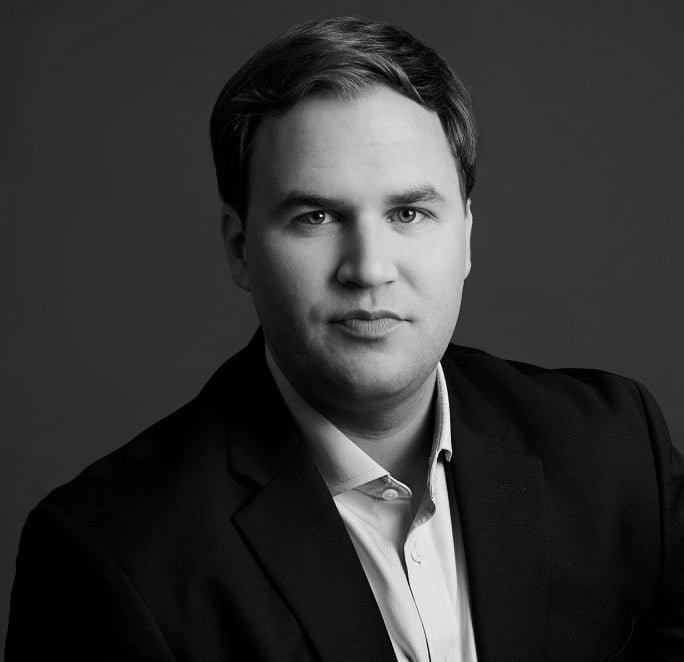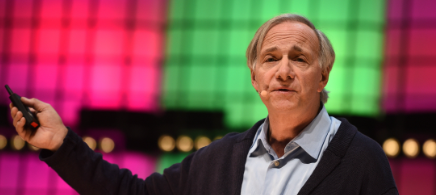While partisan politics have been the norm in the United States for several decades, most of us can sense that the last few years feel different than the generic partisan squabbles, name-calling and platitudes. The political divide in America today is palpable. We all feel it, and most of us sense that something extremely dangerous could be festering in the heart of American society.
In a recent article published on LinkedIn, Ray Dalio, Founder the world’s largest hedge fund, Bridgewater Investments, discusses how the latest developments on Capitol Hill, in his view, are taking the United States another step away from democracy and one step closer to Civil War.
I am a big admirer of Dalio's work. Every time he publishes a new piece, I read it. For example, his 2019 piece on the flaws of capitalism are extremely thought-provoking and, in my view, shine a light on the driving force behind the division we see in the United States today. Furthermore, I find his historical perspective, research and study is phenomenal and unmatched. So when I read his most recent piece warning of the quickening pace the United States is headed toward an unthinkable civil war, I wanted to summarize it here as I believe he lays out a strong historical argument for such a scenario while providing practical solutions for how the United States can correct course before it is too late.
Five interconnected forces fueling division
In his article, Dalio discusses five interconnected forces that are shaping current events and politics. These forces include high levels of debt, internal conflicts within countries fueled by widening gaps in income inequality, international conflicts (especially the US-China relationship), significant natural disasters, and the rapid development of society-changing technologies like AI.
“Just about everything that happens falls into one of these categories and this template,” says Dalio. “Having seen this dynamic transpire many times before, I see every development within this context and wonder, are we progressing toward the classic perfect storm?”
Dalio believes that these forces, especially societal unrest driven by income inequality, are driving unprecedented changes, and they frame his analysis of recent political developments. The removal of Kevin McCarthy from his position as the Republican Speaker of the House, in Dalio’s view, is the latest political development steaming American society toward a previously unthinkable civil war.
Internal conflict in the United States shows no signs of stopping
Dalio begins by highlighting the growing internal conflict within the United States, driven by stark wealth and values gaps and the rise of populist extremists on both ends of the political spectrum. This internal conflict, in Dalio’s view, is a significant threat to American democracy, as politicians prioritize winning at all costs over cooperation, compromise and moving the needle for the American people.
Dalio goes on to points out that this trend is particularly evident in the Republican Party (i.e. Kevin McCarthy’s removal as Speaker driven by members of his own party) but also exists within the Democratic Party, albeit less visibly.
The erosion of bipartisanship and the willingness to cooperate across party lines is a concerning development. In recent years, it has all but evaporated completely. As Dalio argues, the current political landscape is no longer based on thoughtful disagreement that leads to compromises and voting based on the interest of moving the country forward. He attributes this shift to factors such as increasing wealth inequality and disillusionment with a political system that does not seem to work for most people.
“I hope it is now clear,” says Dalio, “that the two parties are squaring off into monolithic blocks that are controlled by uncompromising, win-at-all-costs extremists and that most everyone will be forced to pick a side and fight for it.”
Those who value compromise have become disempowered
In his article, Dalio highlights the dwindling power of moderates within both parties, noting that the parties themselves have become more extreme than the majority of Americans. In explaining this opinion, Dalio draws parallels with historical examples where irreconcilable differences and low trust in the system led to small groups of passionate leaders gaining followers, ultimately resulting in civil conflict.
As Dalio explains, “Having studied history, I have seen that this dynamic always worked the same way for the same reasons because when differences become as irreconcilable as they are now and trust in the system becomes as low as it is now, there is a strong tendency for small groups of passionate leaders to gain followers to fight for their sides. This continues until everyone must pick a side and fight.”
There is concern that the United States is currently at risk of such a scenario.
To address this potential crisis, Dalio argues for the need for a strong bipartisan middle ground in politics. This middle ground would consist of individuals willing to bridge the gap between extremists, work towards reforming the political system, and address structural issues to benefit the majority of Americans.
“There is only one path,” argues Dalio, “that will succeed in preventing civil war and promote working well together to make real improvements and that is to have a very strong middle.”
Achieving this is more critical than any specific policy ideas the two sides may have. It is the culture of bipartisanship and compromise that American society needs above all else.
Dalio envisions an ideal scenario where a strong bipartisan leader with broad support emerges from the political center. Such a leader would prioritize the interests of the country above party loyalty and seek to bring together a bipartisan cabinet to enact meaningful reforms. While Dalio acknowledges that this might be a lofty goal, a more achievable alternative could involve members of both parties declaring themselves "bipartisan" and forming a voting bloc to influence outcomes in Congress.
What a true bipartisan platform would look like
Dalio also presents a bipartisan platform based on sentiments shared by over 60 percent of Americans on major contentious issues. This platform is meant to serve as a basis for a bipartisan agenda that could bridge the divide between extreme positions advocated by the two major parties.

Photo Credit: Ray Dalio
Additionally, Dalio discusses the possibility of states becoming more independent from the central government, with individuals and states aligning with their beliefs and circumstances. This potential shift would represent a reversal of the historical trend where the federal government's power grew at the expense of state governments. Dalio sees this as a potential path forward, alongside strengthening the bipartisan middle and implementing federalist state rights.
While thoughtful political debate should be robust, the current political climate in the United States is nearing a breaking point. What should give us hope, and a path forward, is acting on the middle ground issues shared by the majority of our fellow Americans. If we fail to act on shared values and policy-positions, Dalio’s fear of an impending civil war will become an increasingly likely scenario.




-1.png)
.jpg)